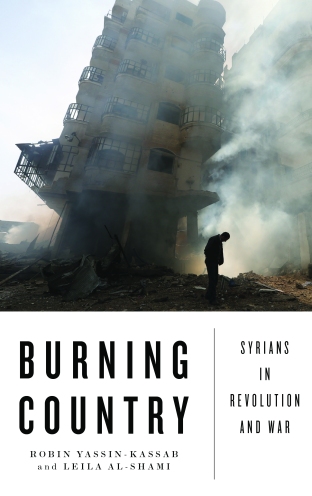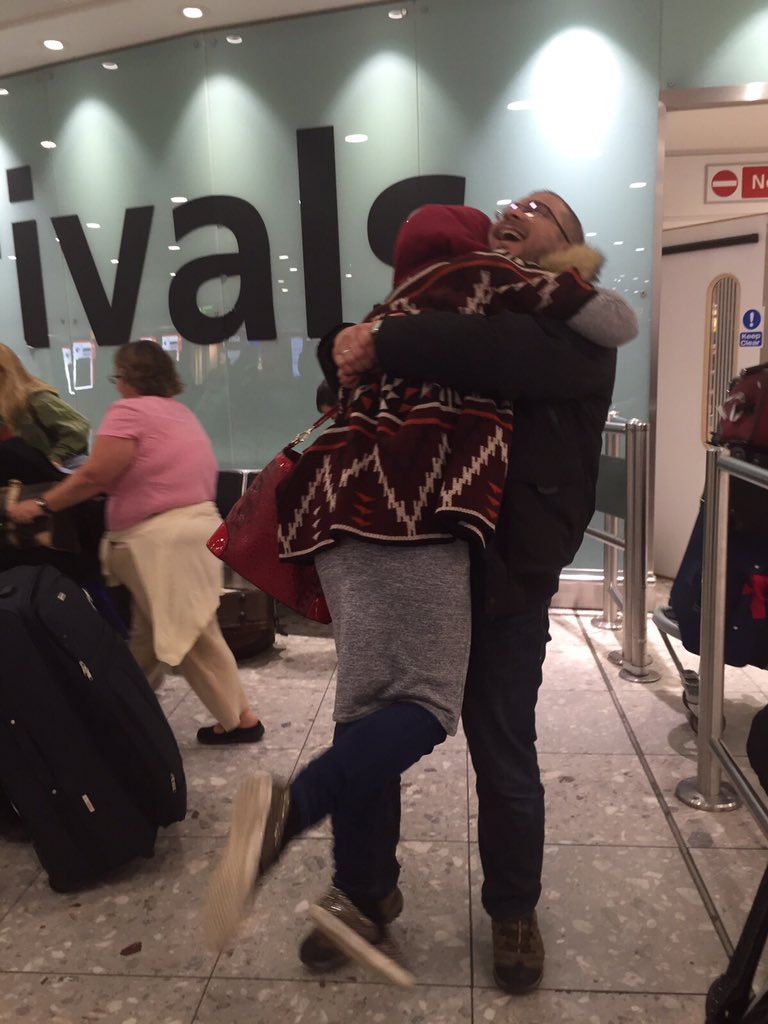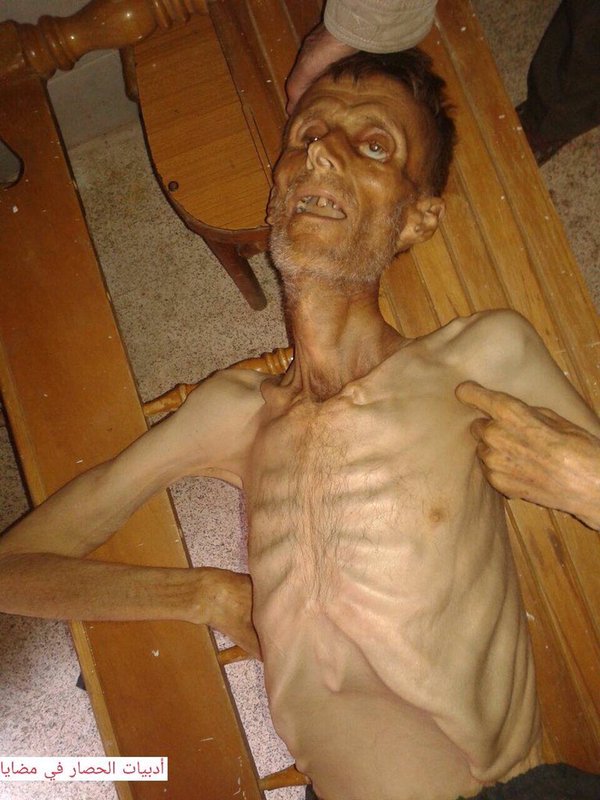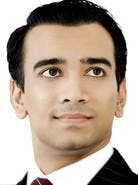
'On 20 January Burning Country: Syrians in Revolution and War, a book I co-authored with Robin Yassin-Kassab, will be launched. The book would not have been possible without the help of many courageous and inspirational Syrians who shared their stories with us.'
'Bristol 2014. A compact old lady in red hair and a flowery dress says, "I've lived in England for over thirty years, but I didn't realise until the revolution that I had a fear barrier inside. But those brave youths gave me courage; they gave me back my identity, and my freedom." This is where revolution happens first, before the guns and the political calculations - in individual hearts, in the form of new thoughts and newly unfettered words. Revolutionary Syrians often describe their first protest as an ecstastic event, the regime's savage response was a baptism of fire after which there was no going back.'
Praise for Burning Country:
‘For decades Syrians have been forbidden from telling their own stories and the story of their country, but here Robin Yassin-Kassab and Leila al-Shami tell the Syrian story. Their words represent the devastated country which has denied them and their compatriots political representation. Burning Country is an indispensable book for those who wish to know the truth about Syria.’
– Yassin al-Haj Saleh
‘Burning Country is poised to become the definitive book not only on the continuing Syrian conflict but on the country and its society as a whole. Very few books have been written on ‘the kingdom of silence’ that effectively capture how we all got here while not omitting the human voice, the country’s heroes and heroines — a combination that is rare but essential for understanding the conflict and its complexities. Robin Yassin-Kassab and Leila Al-Shami have written a must-read book even as the conflict still rages to understand what happened, why it happened and how it should end.’
– Hassan Hassan, co-author of ISIS: Inside the Army of Terror (New York Times bestseller), Associate Fellow, Chatham House, London
‘By far the best account of the Syrian uprising yet. It is a comprehensive and nuanced analysis of a multifaceted geopolitical conflict and myriad grassroots struggles. Anyone interested in comprehending the highly convoluted situation in Syria must read this extremely sophisticated book.’
– Dr. Yasser Munif, professor of sociology at Emerson College, co-founder of the Global Campaign of Solidarity with the Syrian Revolution
– Dr. Yasser Munif, professor of sociology at Emerson College, co-founder of the Global Campaign of Solidarity with the Syrian Revolution
‘Burning Country could have been titled “A People’s History of the Syrian Revolution and War”: it provides a view from below that constitutes the perfect antidote to geopolitical reductionism. This book is unique in its combination of first-hand material derived from fieldwork, factual and analytical rigour, and unshakable faith in the Syrian people’s struggle for justice and dignity.
– Thomas Pierret, Lecturer in Contemporary Islam, Islamic and Middle Eastern Studies, University of Edinburgh, and Director of the Centre for the Advanced Study of the Arab World
– Thomas Pierret, Lecturer in Contemporary Islam, Islamic and Middle Eastern Studies, University of Edinburgh, and Director of the Centre for the Advanced Study of the Arab World





